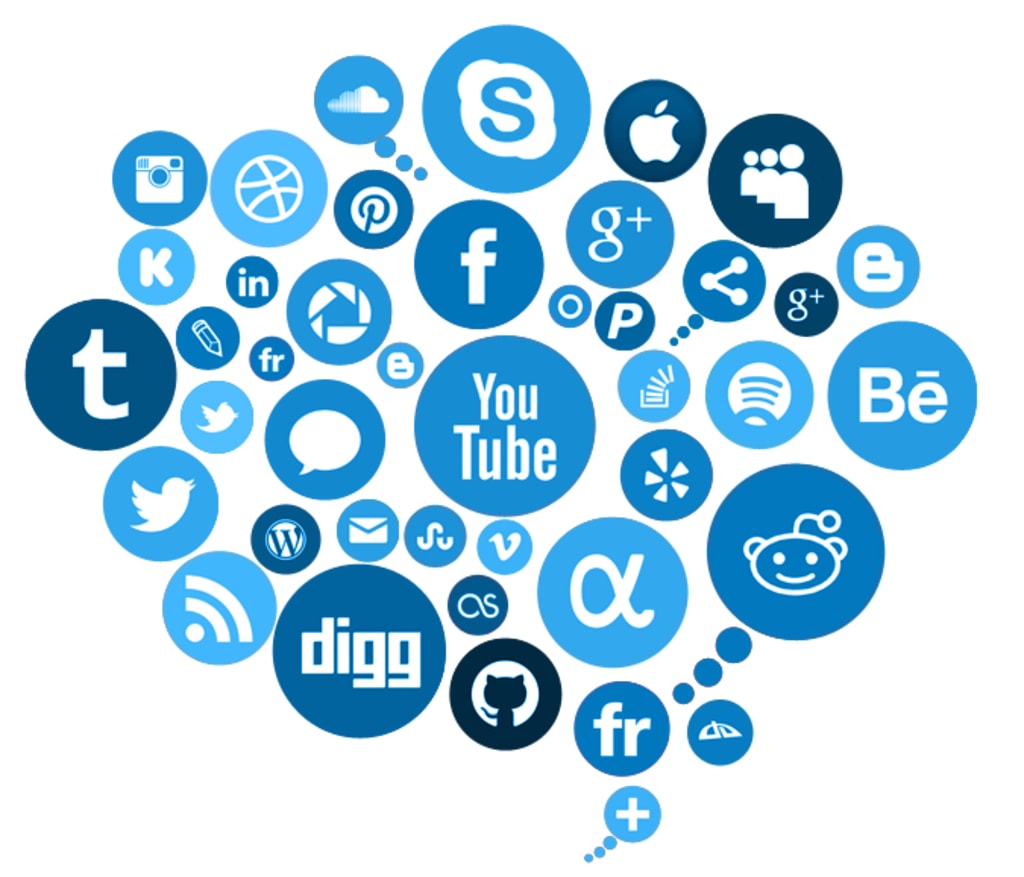Digital Ties: The Double-Edged Sword of Social Media on Youth Well-being
Navigating the Digital Landscape: The Emotional Highs and Lows of Today's Youth

Unveiling the Impact of Social Media on Youth Mental Health
The surge in social media platforms has undeniably revolutionized our world. It's not just a place for sharing selfies and meme-worthy content; it's an essential aspect of modern life. For the youth, it's even more profound. Their identity, communication, and validation are often rooted in digital interactions. While social media offers numerous benefits, it's impossible to ignore its glaring repercussions on youth mental health. This article seeks to explore the intricate relationship between social media and the mental well-being of our younger generation.
The Surge in Social Media and the Underlying Crisis
Our present era, characterized by digitization, has witnessed an alarming spike in social media use among adolescents. Platforms like Instagram, Facebook, and Twitter have become inescapable realms for them. Yet, with increasing hours spent online, the adverse effects of social media on youth mental health become more evident. From the pressures of maintaining a 'perfect' online persona to cyberbullying, the challenges are multifaceted. The Department of Health and Human Services emphasizes that the content on social media platforms can sometimes lead to unrealistic comparisons, further escalating the mental health crisis among the young.
Health Research News: The Correlation between Social Media and Mental Distress
Health research increasingly indicates a troubling correlation between prolonged social media use and deteriorating mental health. From the effects of social media on self-esteem to its role in intensifying feelings of loneliness, the findings are stark. The American Association of Neuroscience suggests that excessive online engagements, especially on social media, can disrupt the neurological patterns in the adolescent brain, leading to heightened anxiety and depressive symptoms. As you dive deep into the world of hashtags and trending challenges, it's crucial to be aware of these underlying threats.
Ensuring Safer Online Platforms for Our Children
With the widespread realization of the potential dangers, there's a growing call to make social media safer for children. Parents, educators, and health professionals alike are advocating for stricter regulations and content moderation. There's also a push towards creating awareness about the digital pitfalls and fostering digital literacy among the youth. The advisory on social media and youth mental health underscores the significance of collective responsibility. Platforms should prioritize user well-being over engagement metrics.
The Strategy to Transform Mental Health Outcomes
Responding to the pressing need, there's now a robust strategy to transform mental health outcomes for adolescents. Initiatives focus on educating families about healthy social media use, equipping parents with resources to support their children, and campaigns to foster body positivity and combat online harassment. As you navigate the digital realm, it's essential to be equipped with the knowledge and tools to safeguard your mental well-being and that of those around you.
Dos and Don'ts for a Healthier Social Media Experience
Do set screen-time limits for yourself and younger family members. While social media offers a space to connect, it's vital to balance online and offline interactions. Don't hesitate to take breaks. Remember, it's okay not to be 'online' all the time. Do engage in real-world activities, be it hobbies or physical exercise. And don't base your self-worth on online validation. You are much more than the likes and comments you receive.
FAQs: Understanding the Nuances
Q: How does prolonged screen time impact mental health?
A: Extended screen time, especially on social media, can lead to reduced physical activity, disrupted sleep patterns, and increased feelings of loneliness and isolation.
Q: What measures are platforms taking to ensure safer experiences for young users?
A: Platforms are introducing features like content moderation, stricter age restrictions, and tools to manage and monitor screen time to prioritize users' mental health and safety.
Final Thoughts: Charting a Mindful Path Forward
In the age of digital domination, social media is a double-edged sword. While it offers unprecedented connectivity, it also poses genuine risks to our mental health. For our youth, who are still shaping their identity and understanding the world, the challenges are even more pronounced. As you integrate social platforms into your life, remember to do so mindfully. Embrace the benefits, but also be vigilant about the potential pitfalls. Together, we can create a digital environment that uplifts and supports our mental well-being.
Useful Resources: https://studentscholarships.org/course/20/introduction_to_academic_writing.php
About the Creator
James Smith
films
Enjoyed the story? Support the Creator.
Subscribe for free to receive all their stories in your feed. You could also pledge your support or give them a one-off tip, letting them know you appreciate their work.





Comments
There are no comments for this story
Be the first to respond and start the conversation.